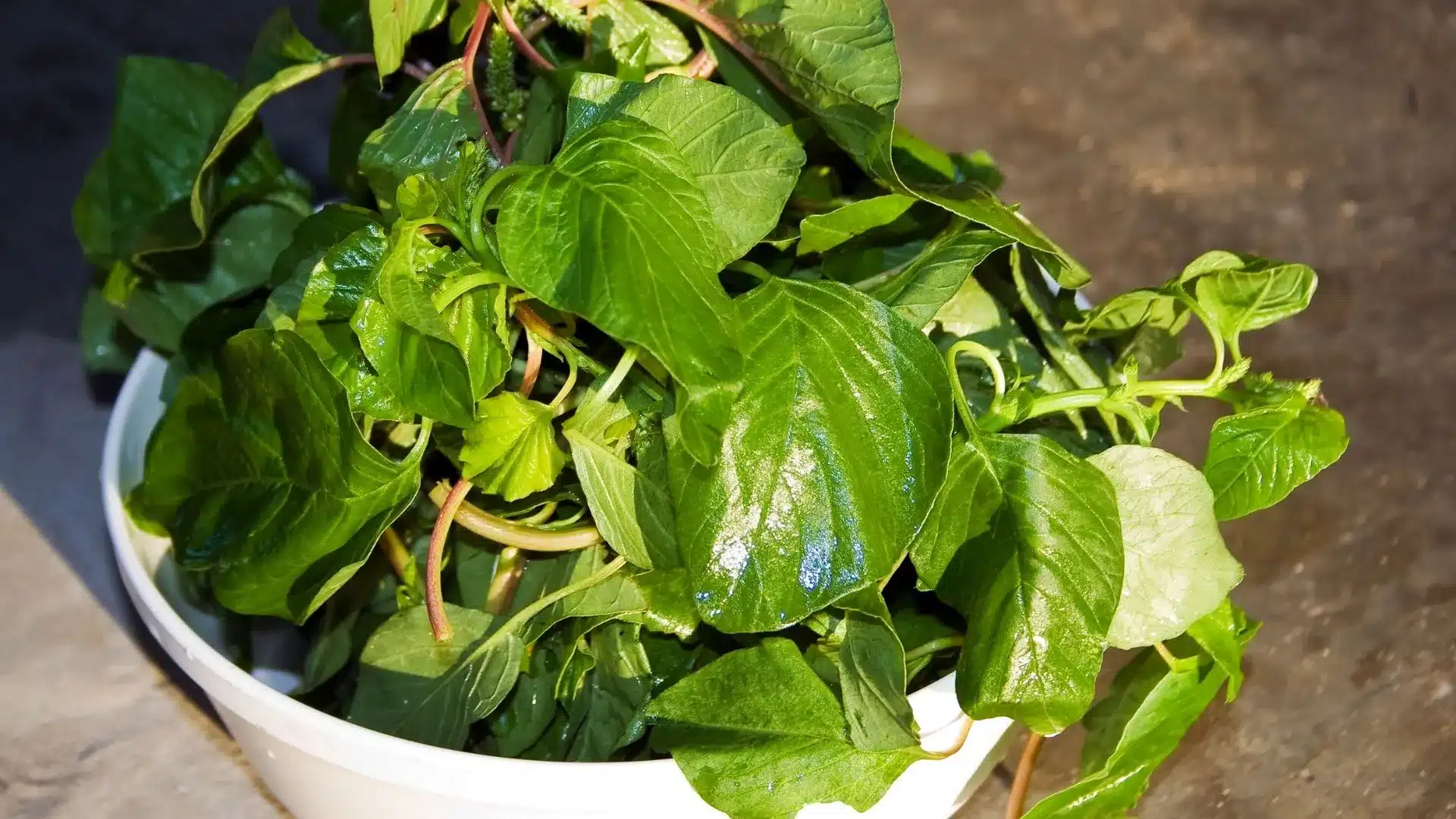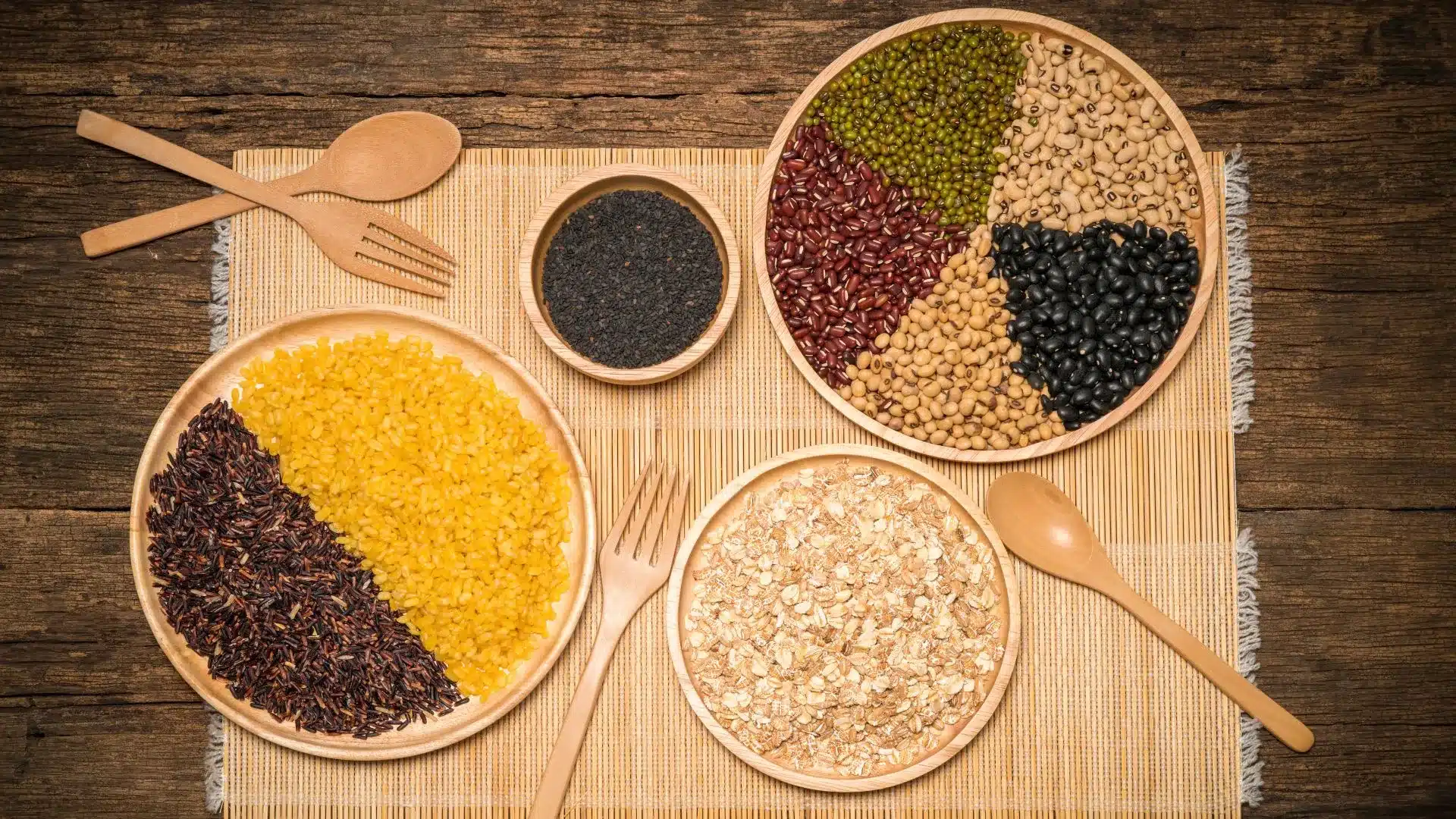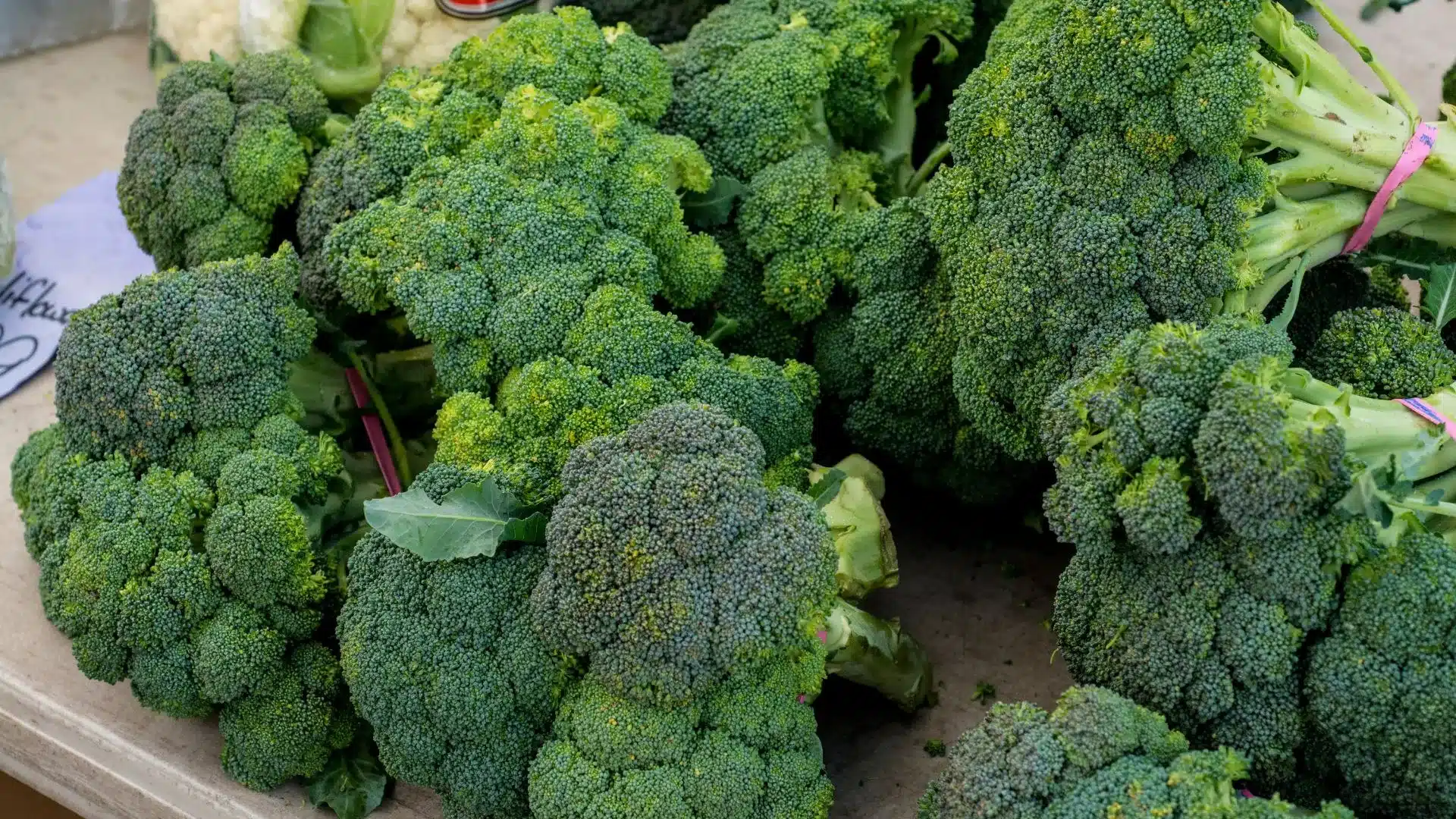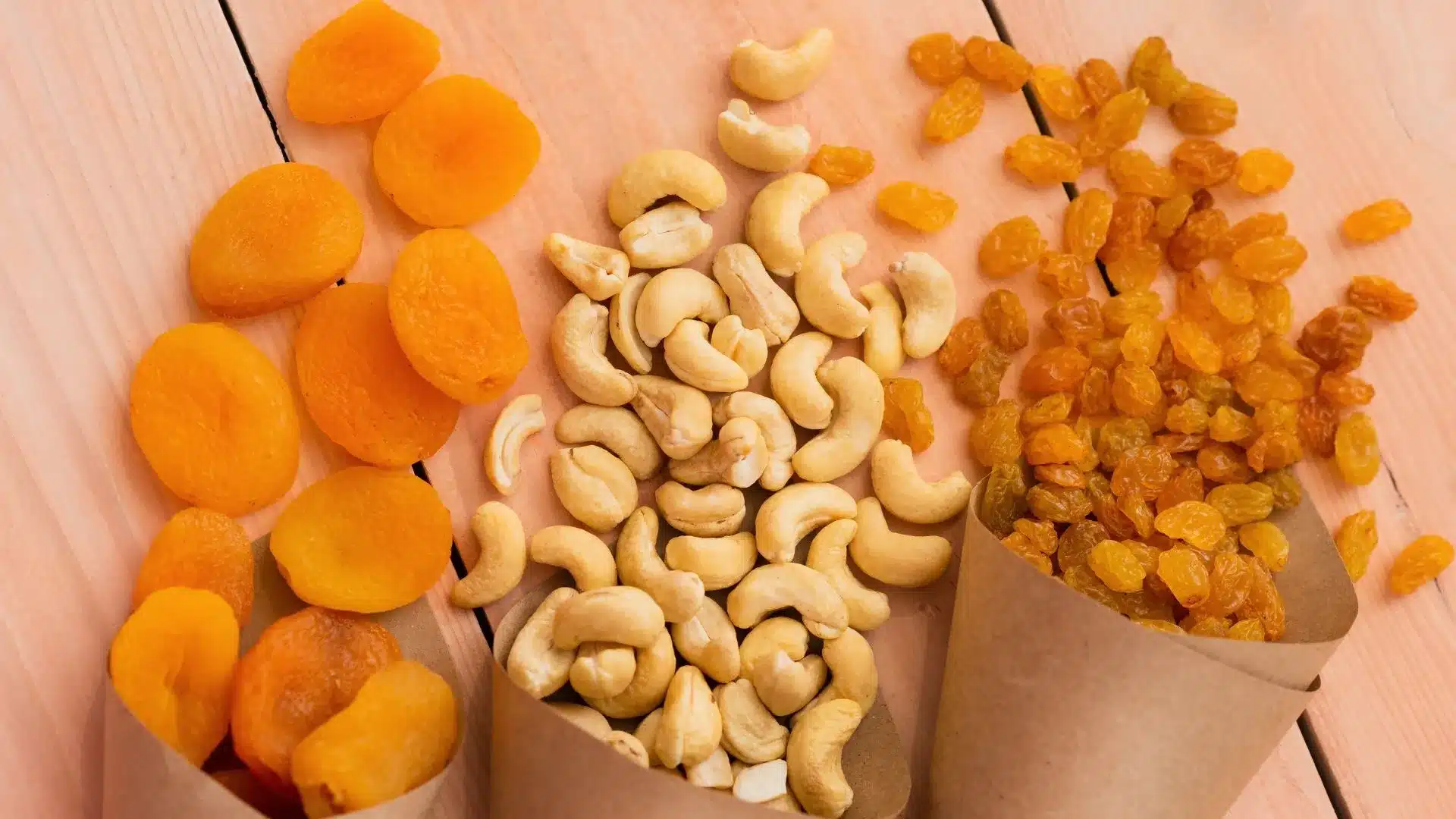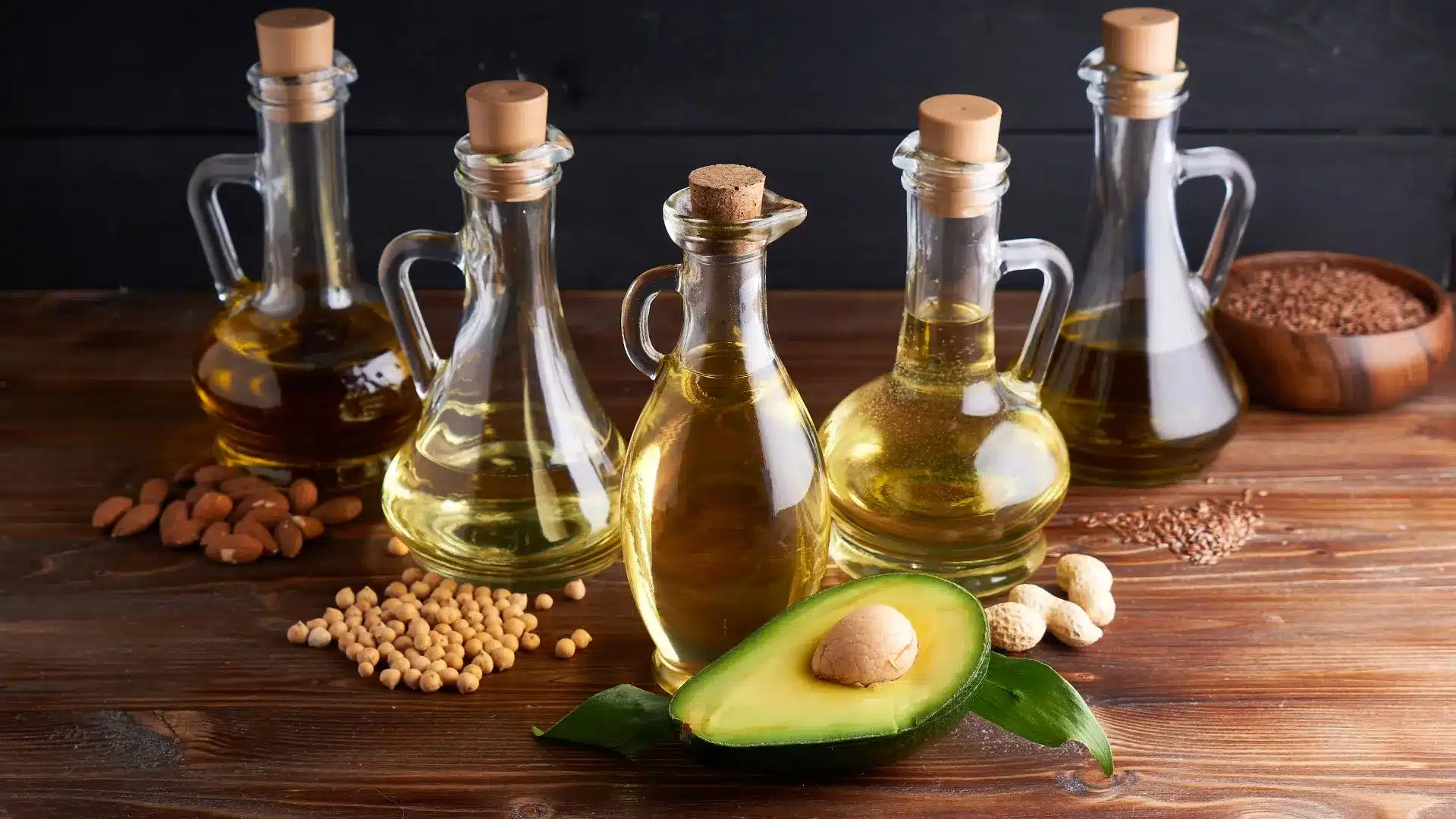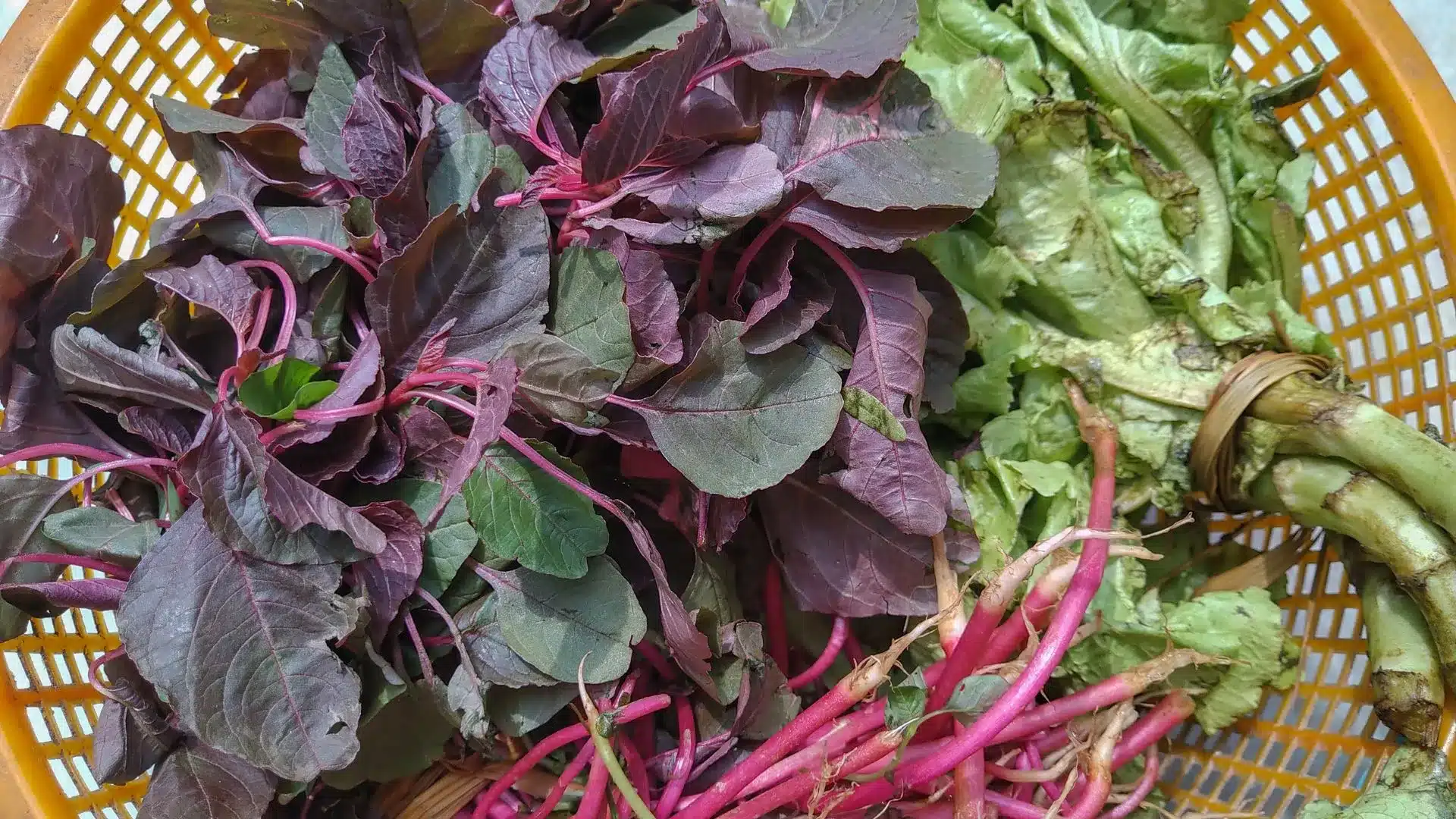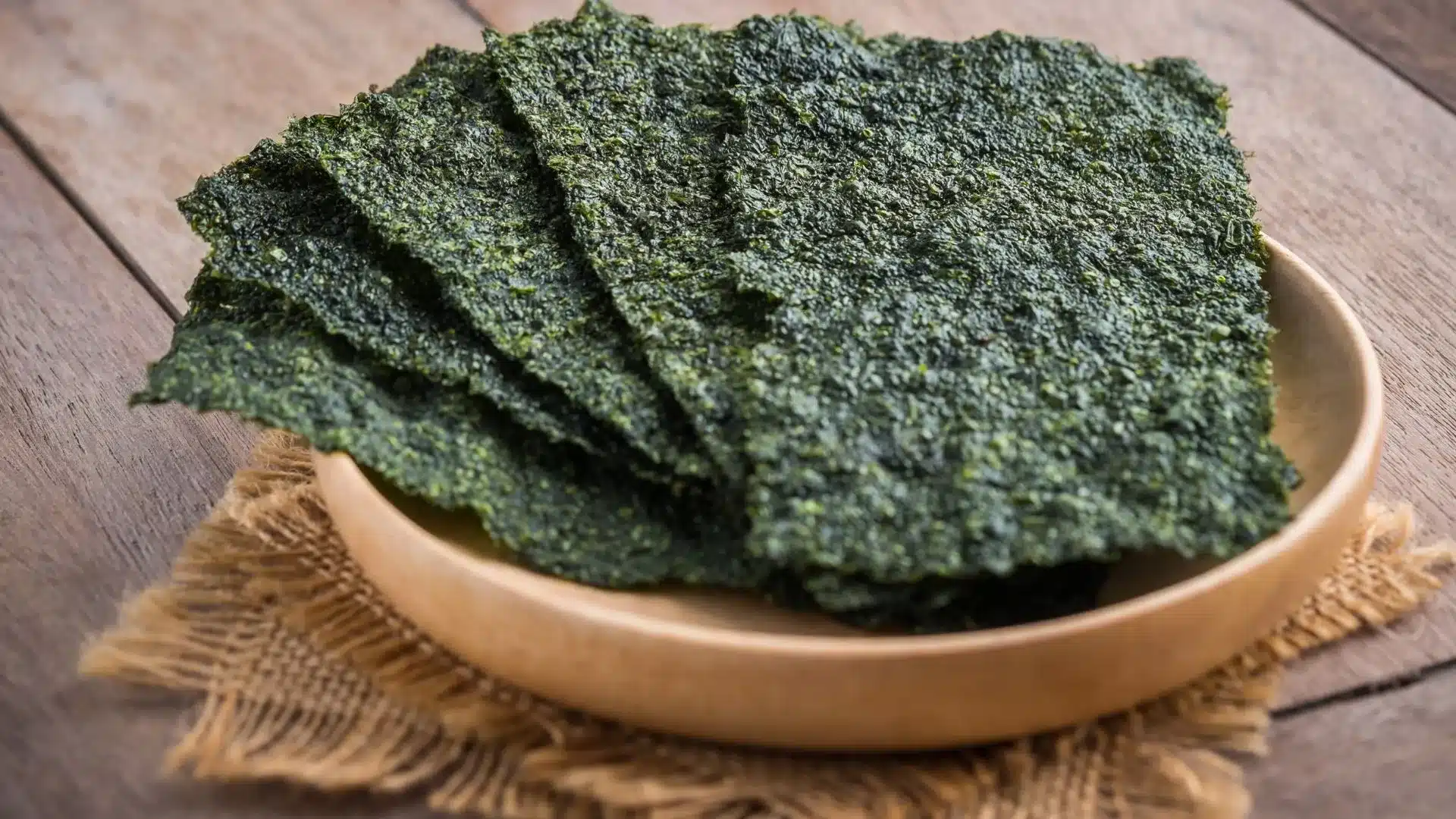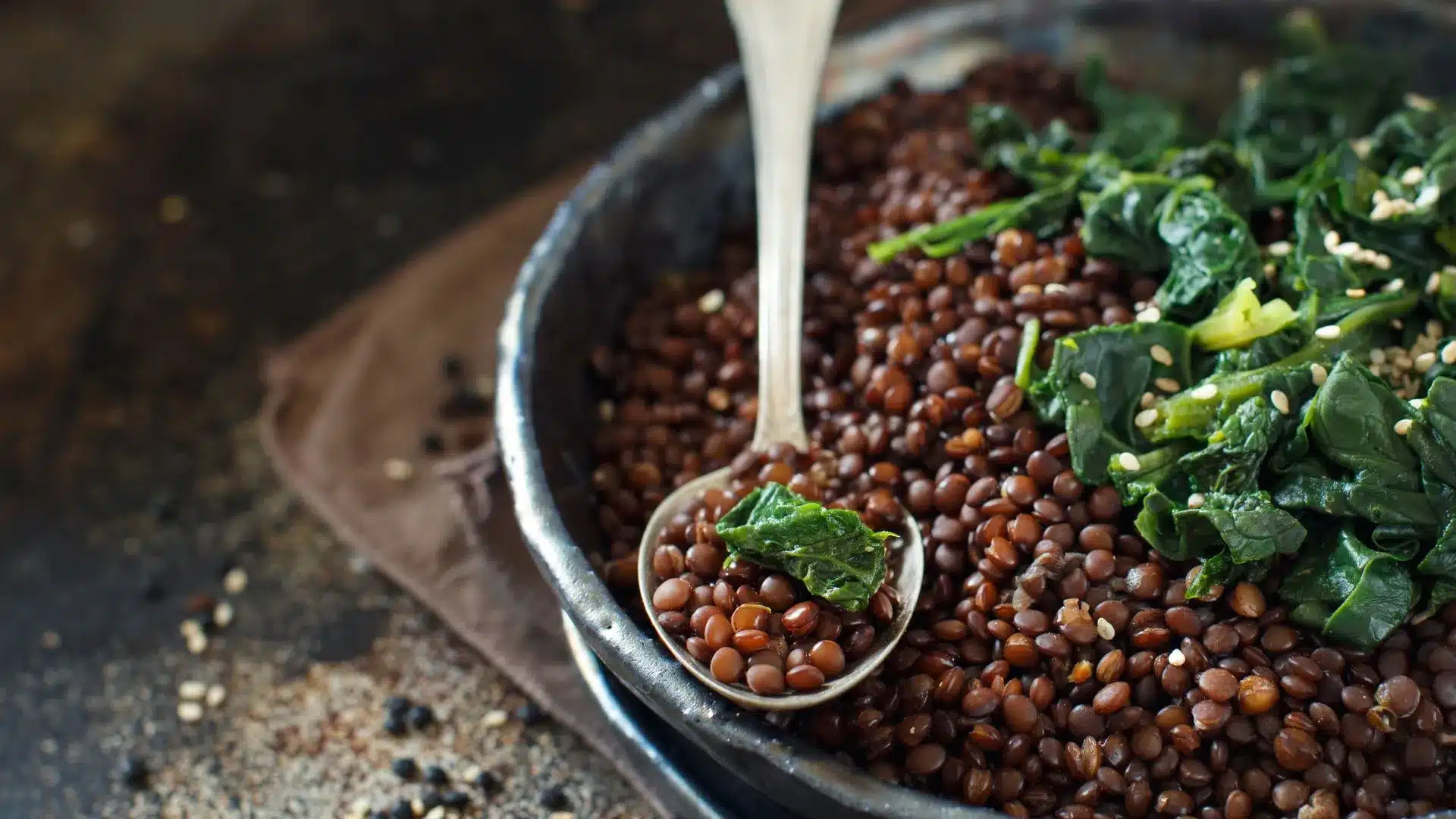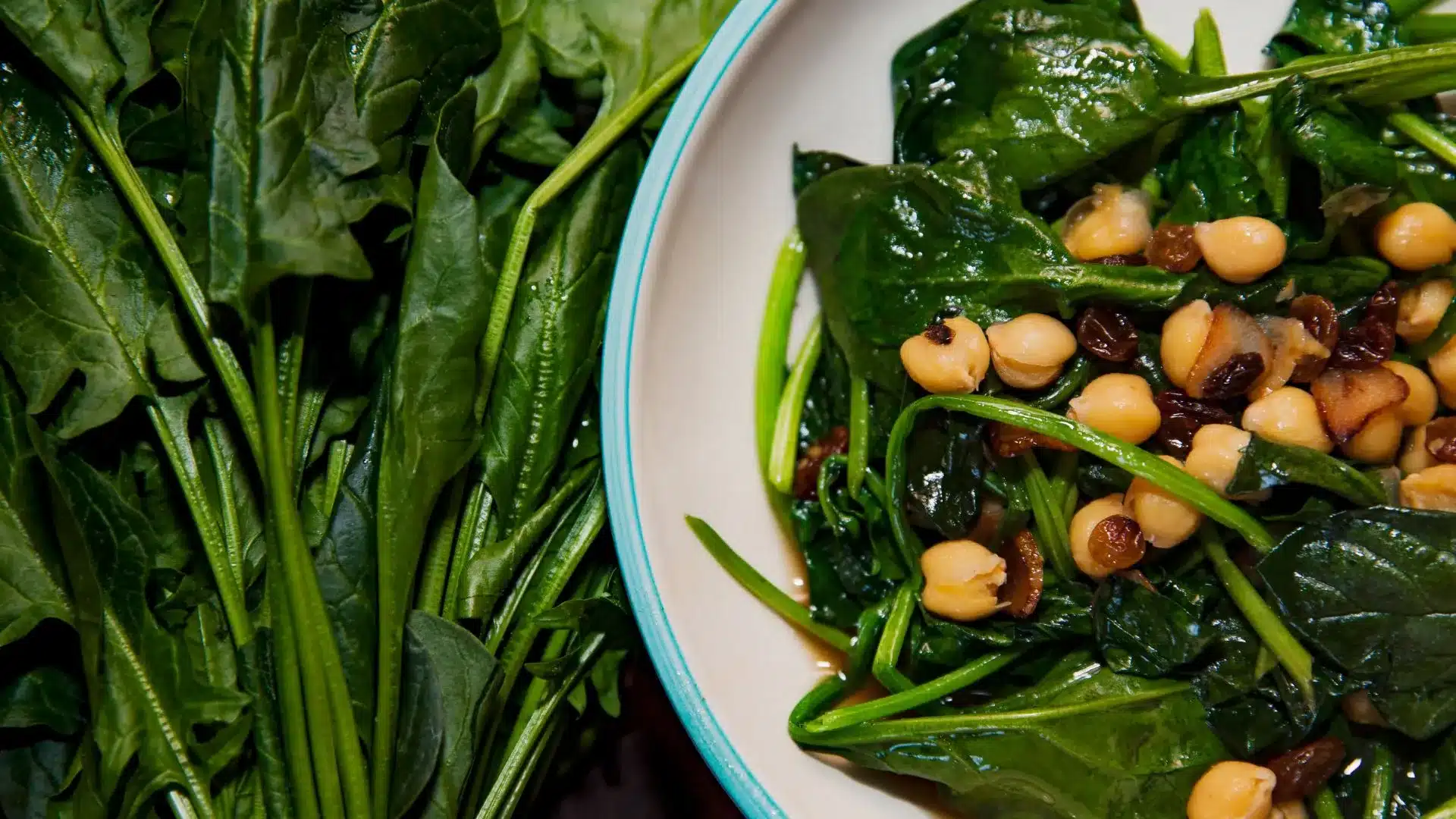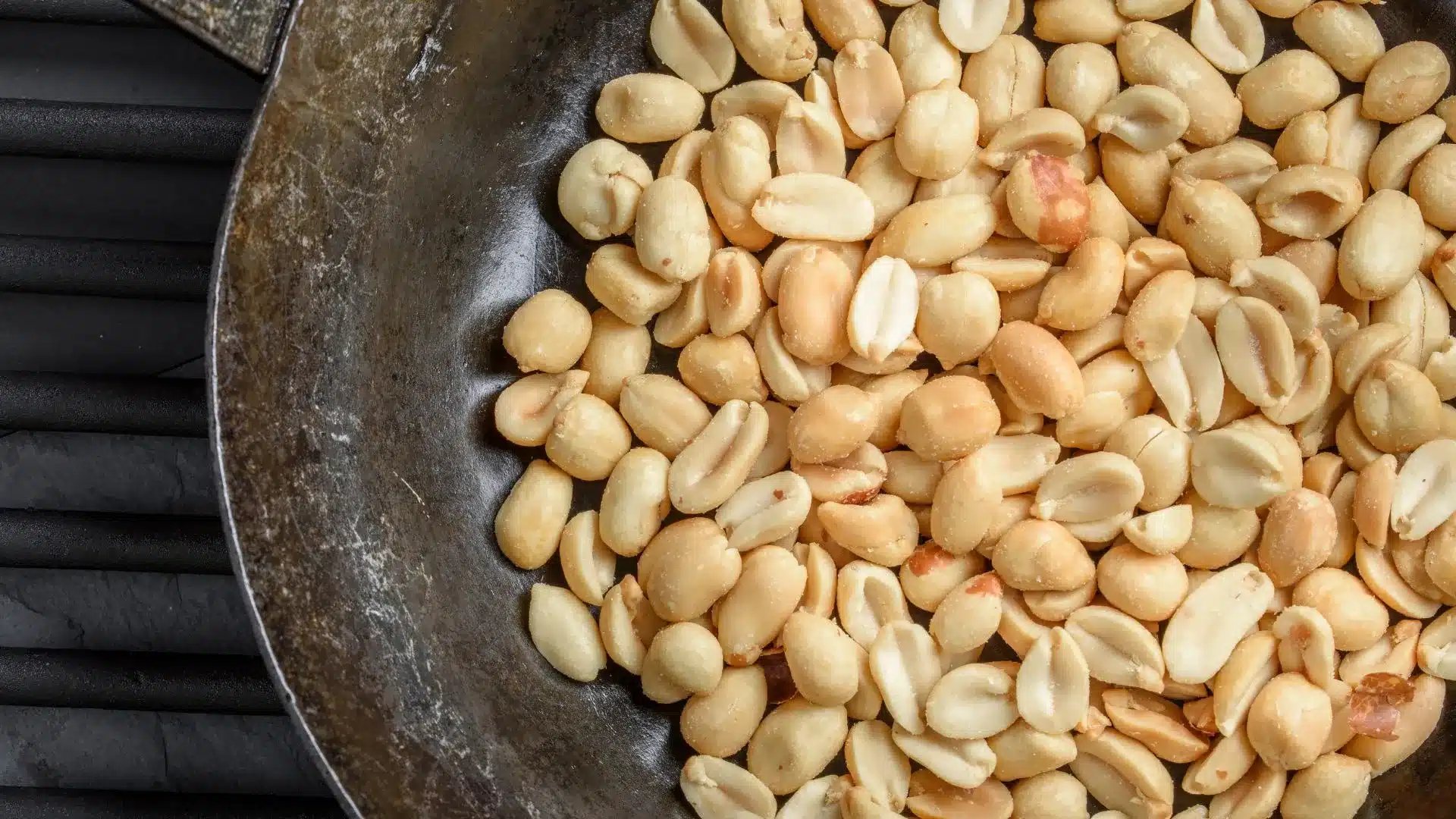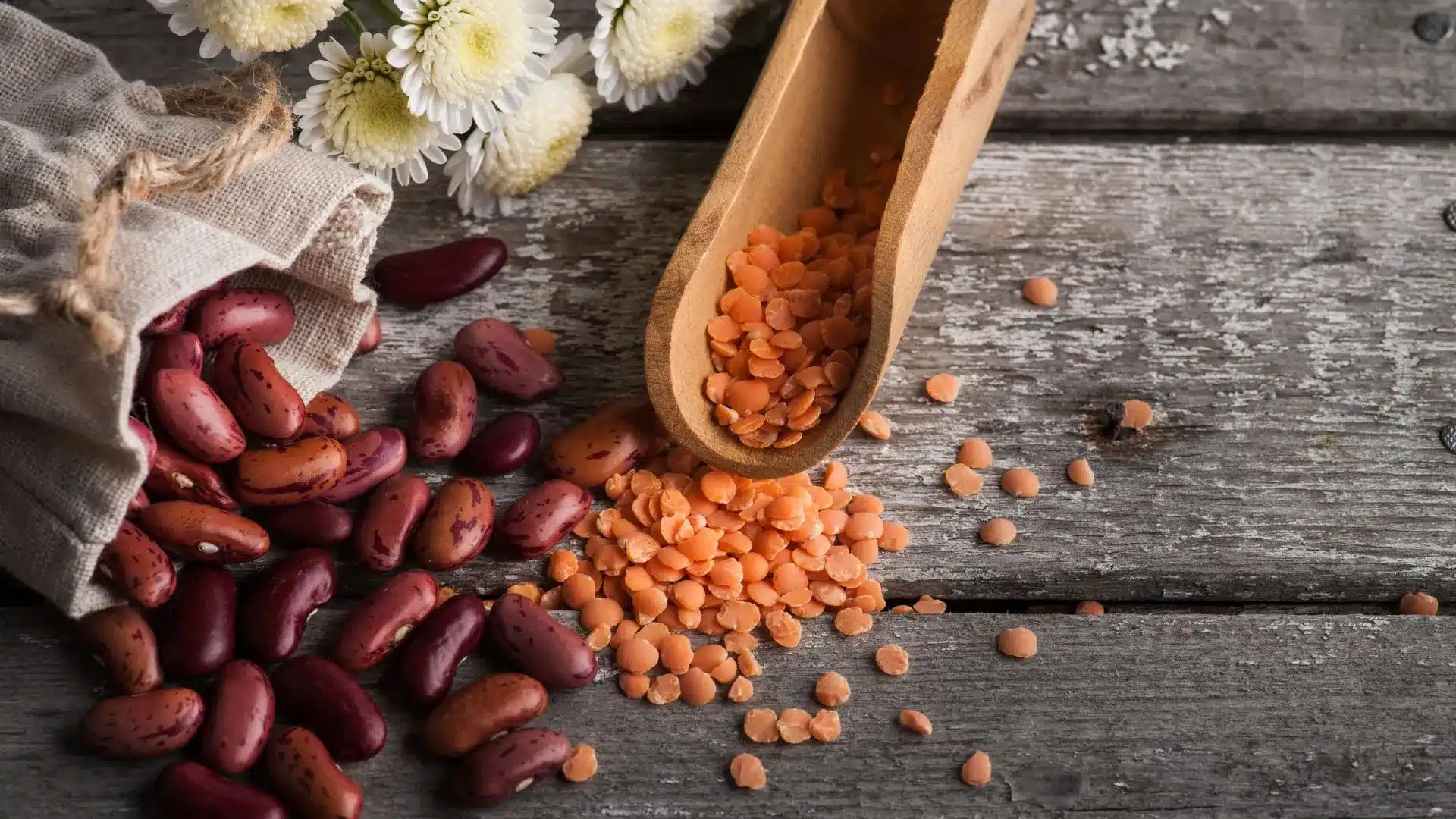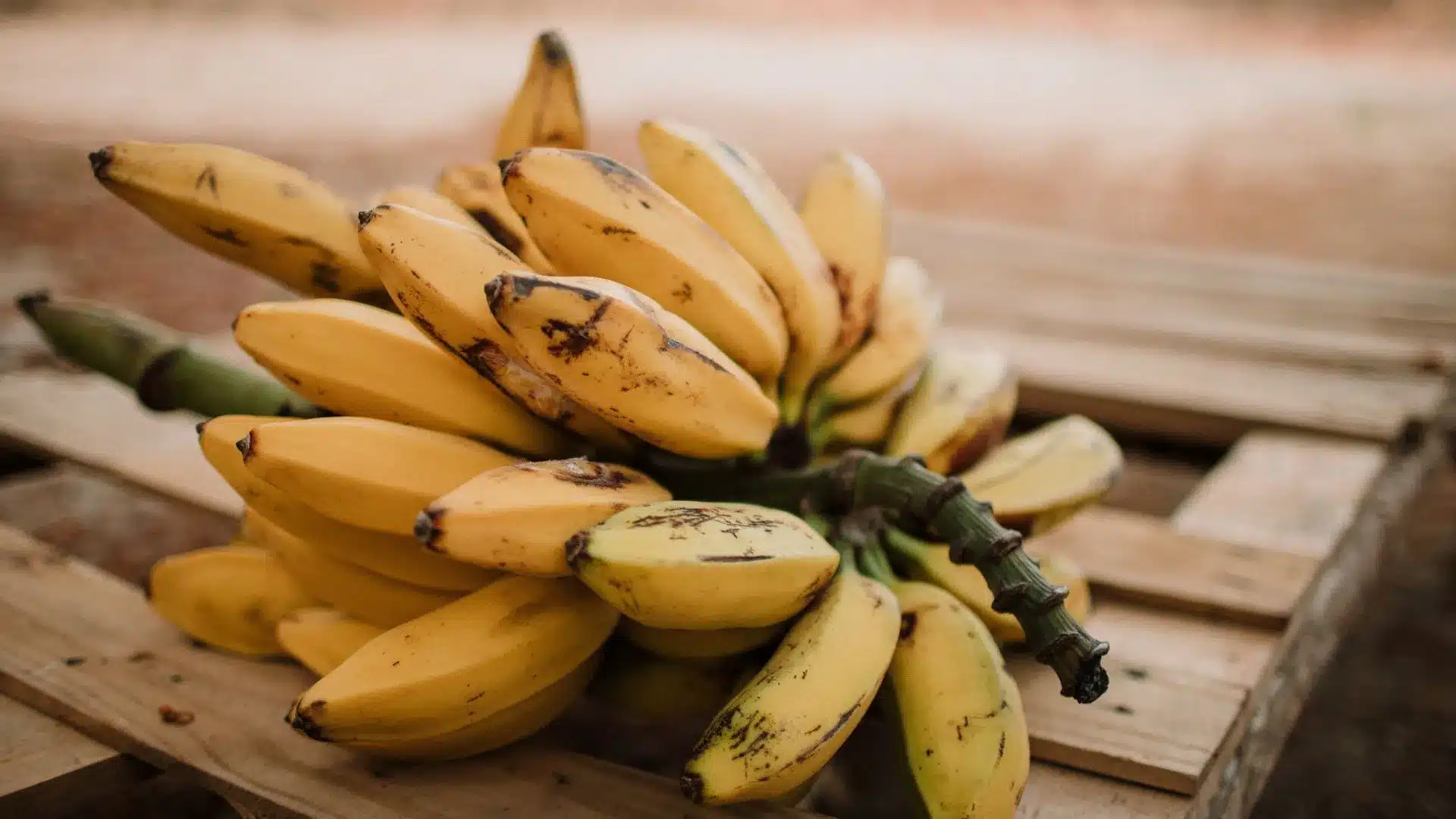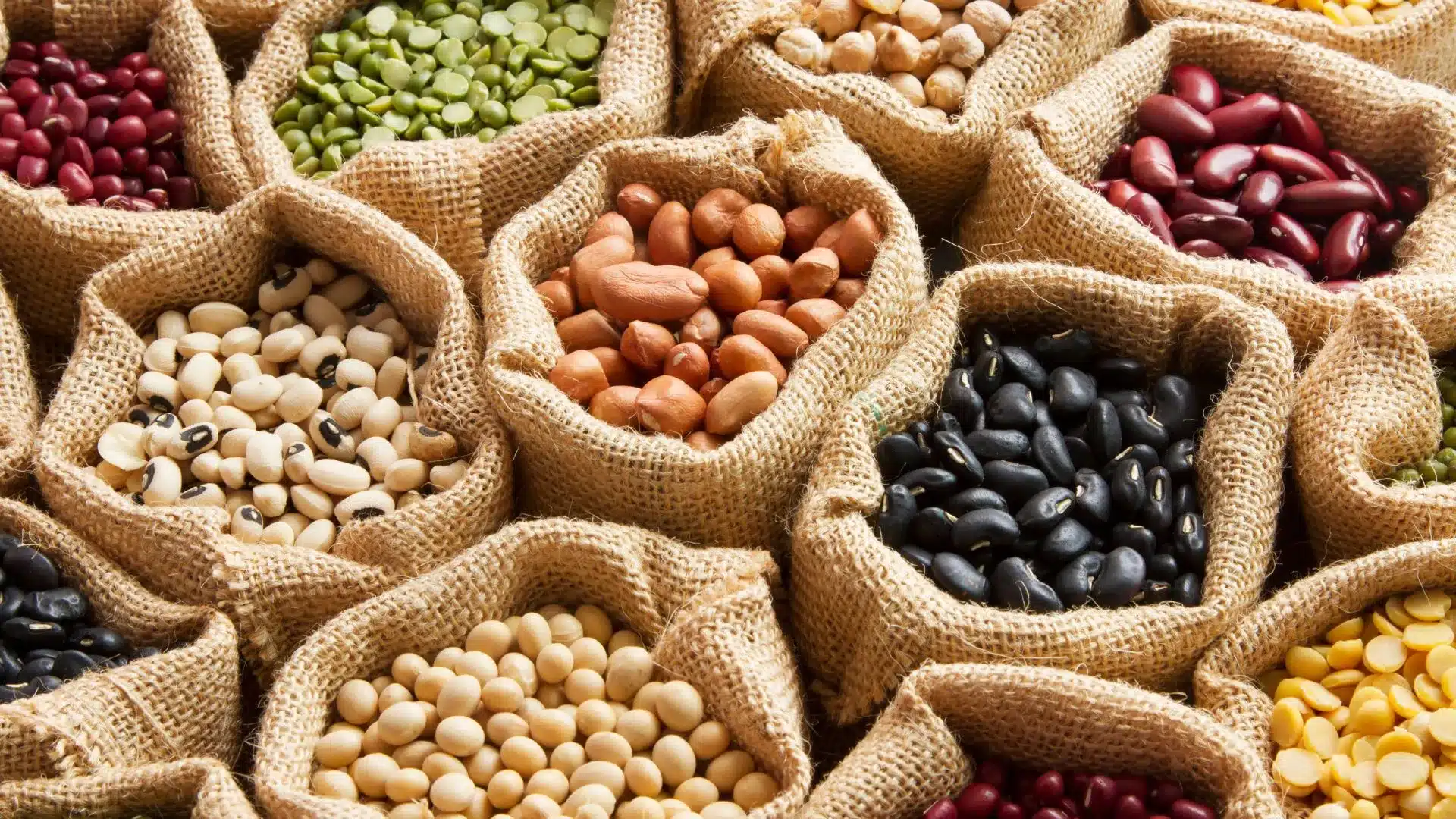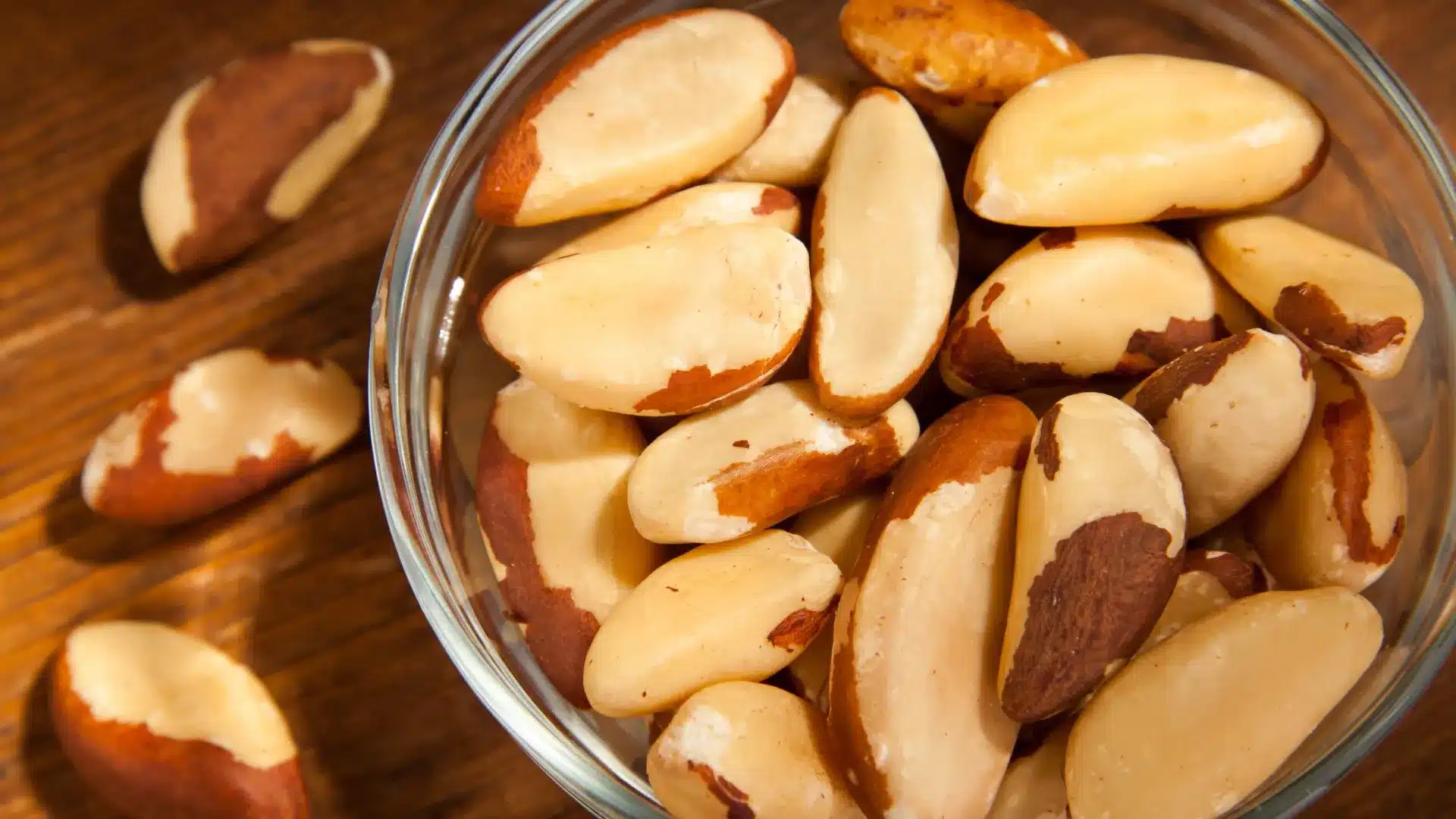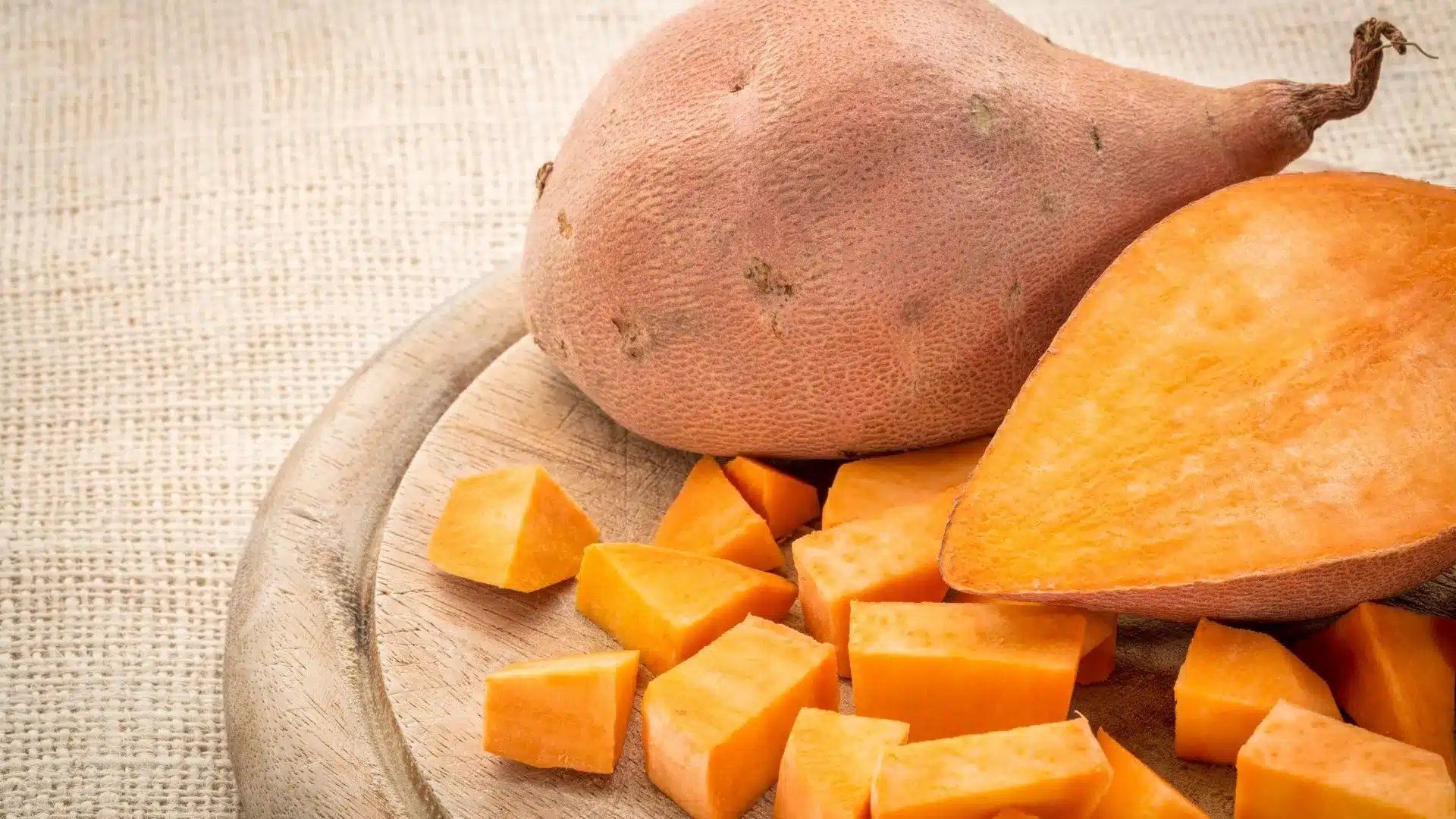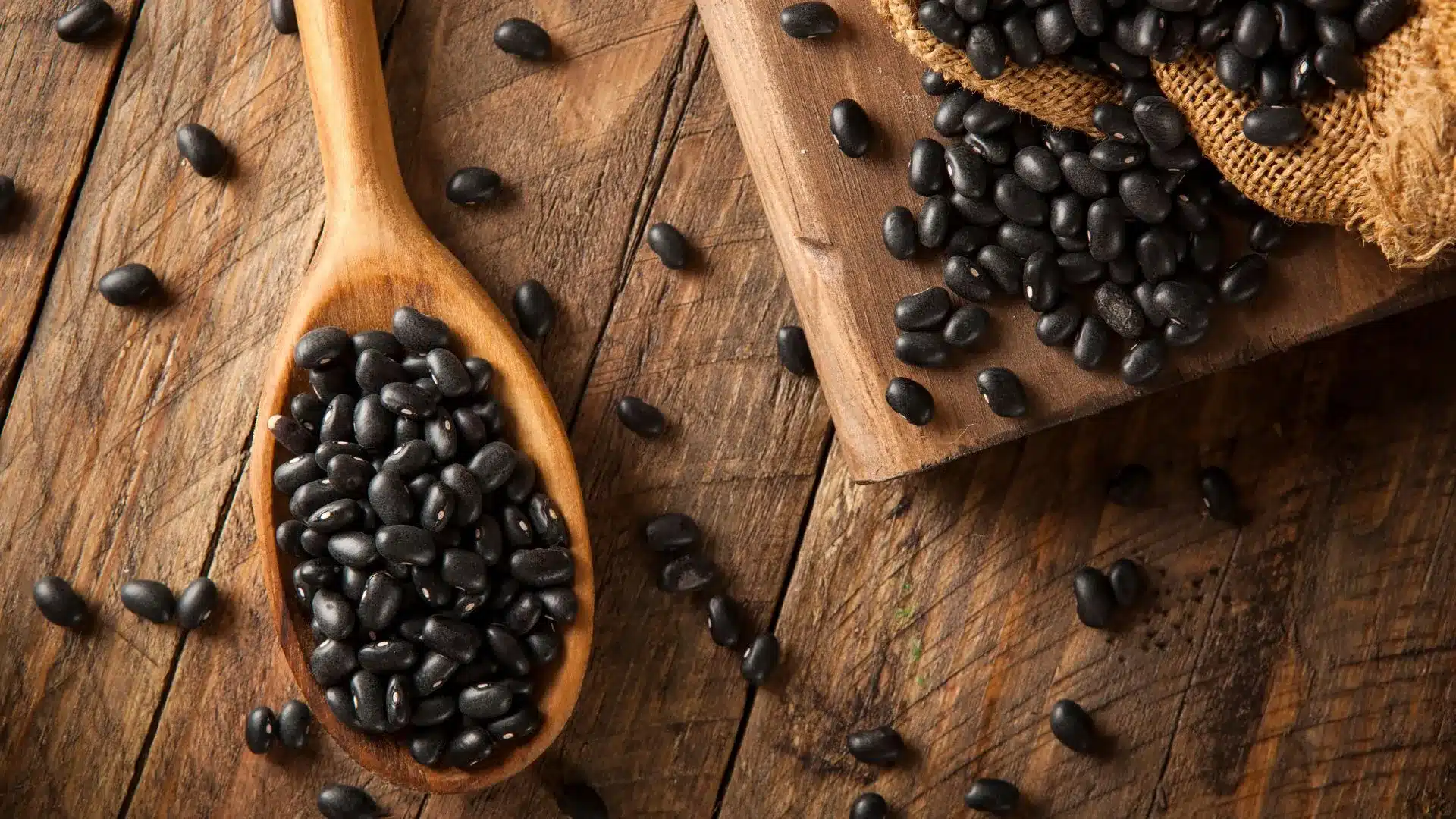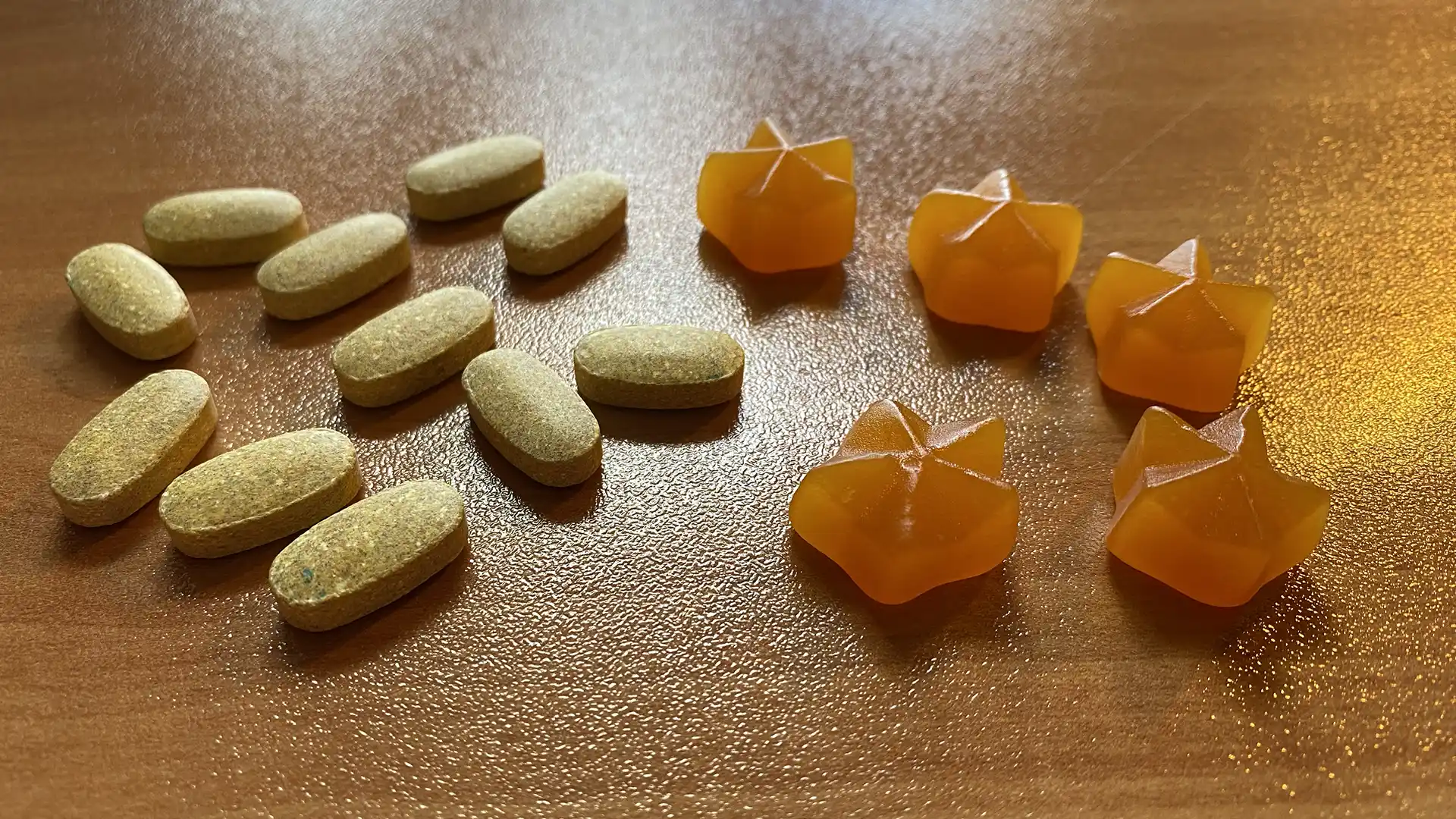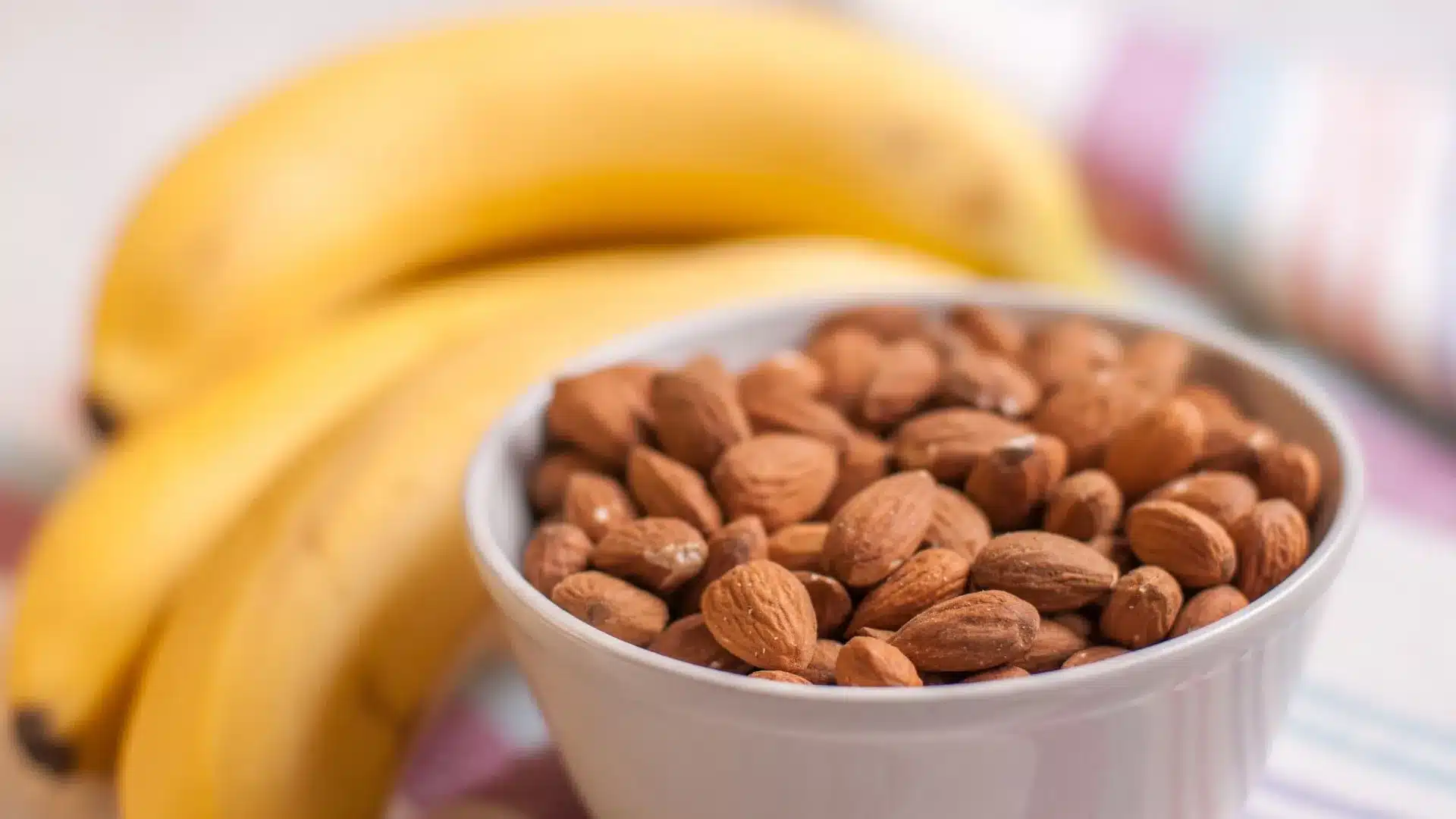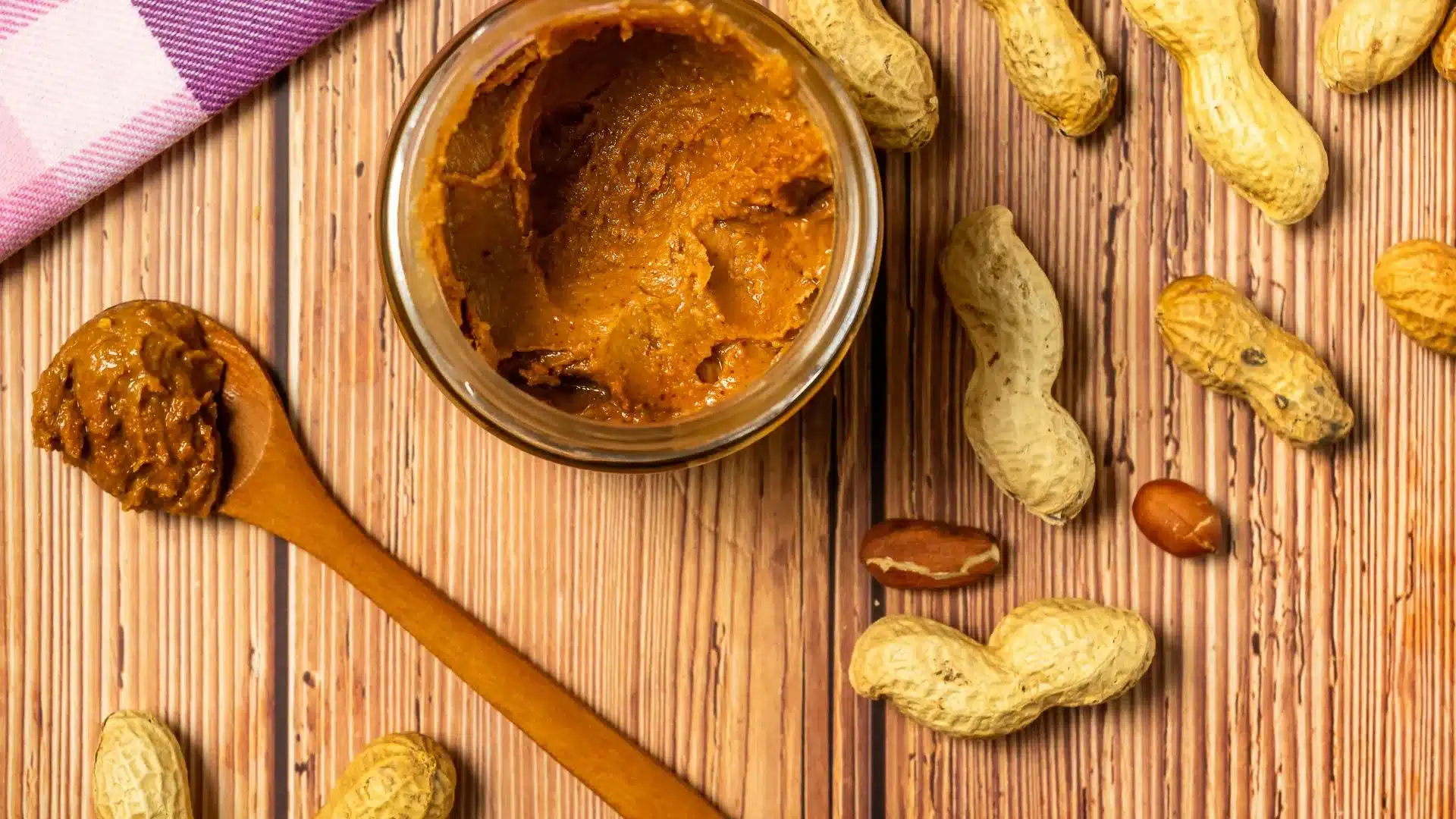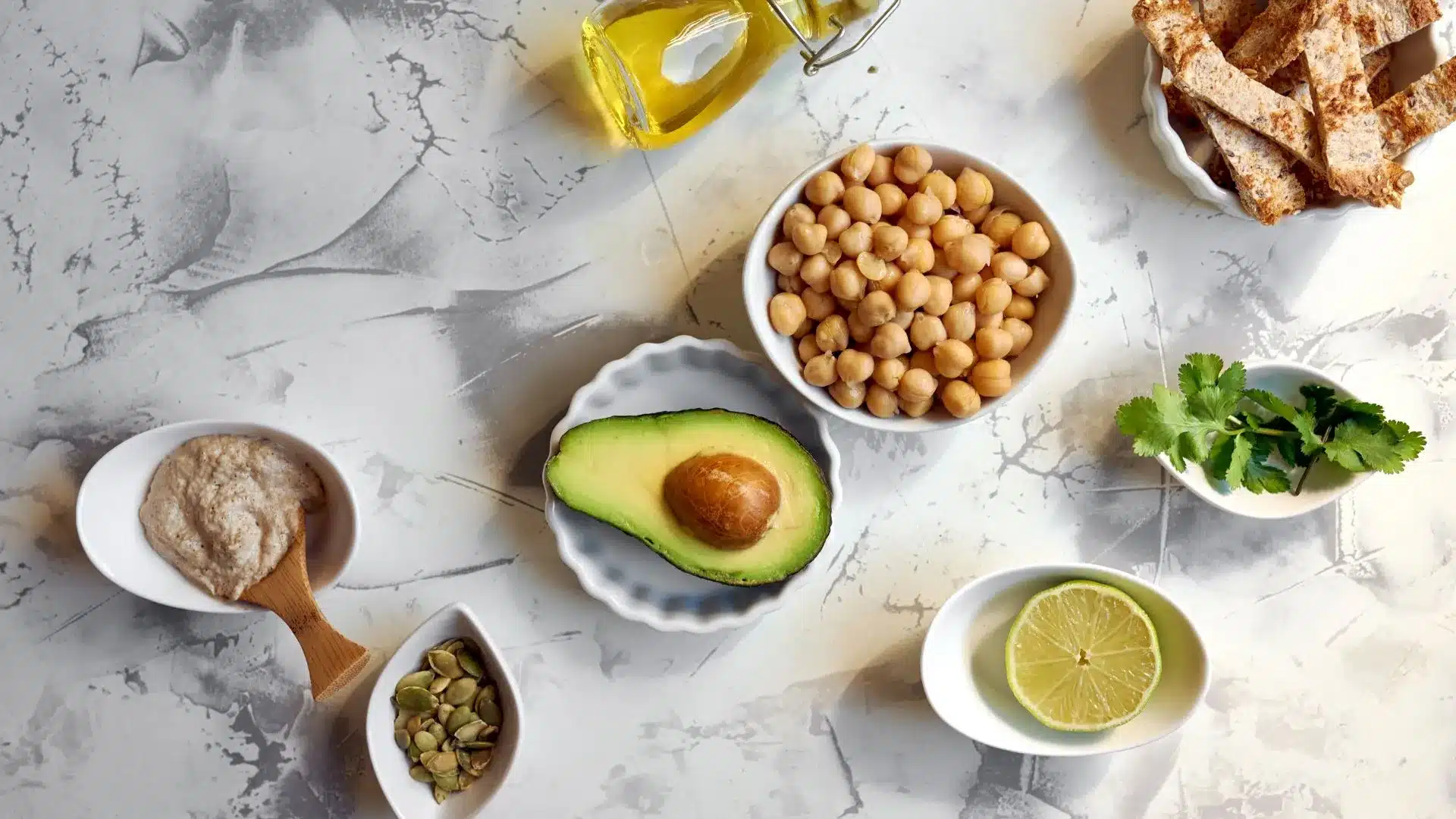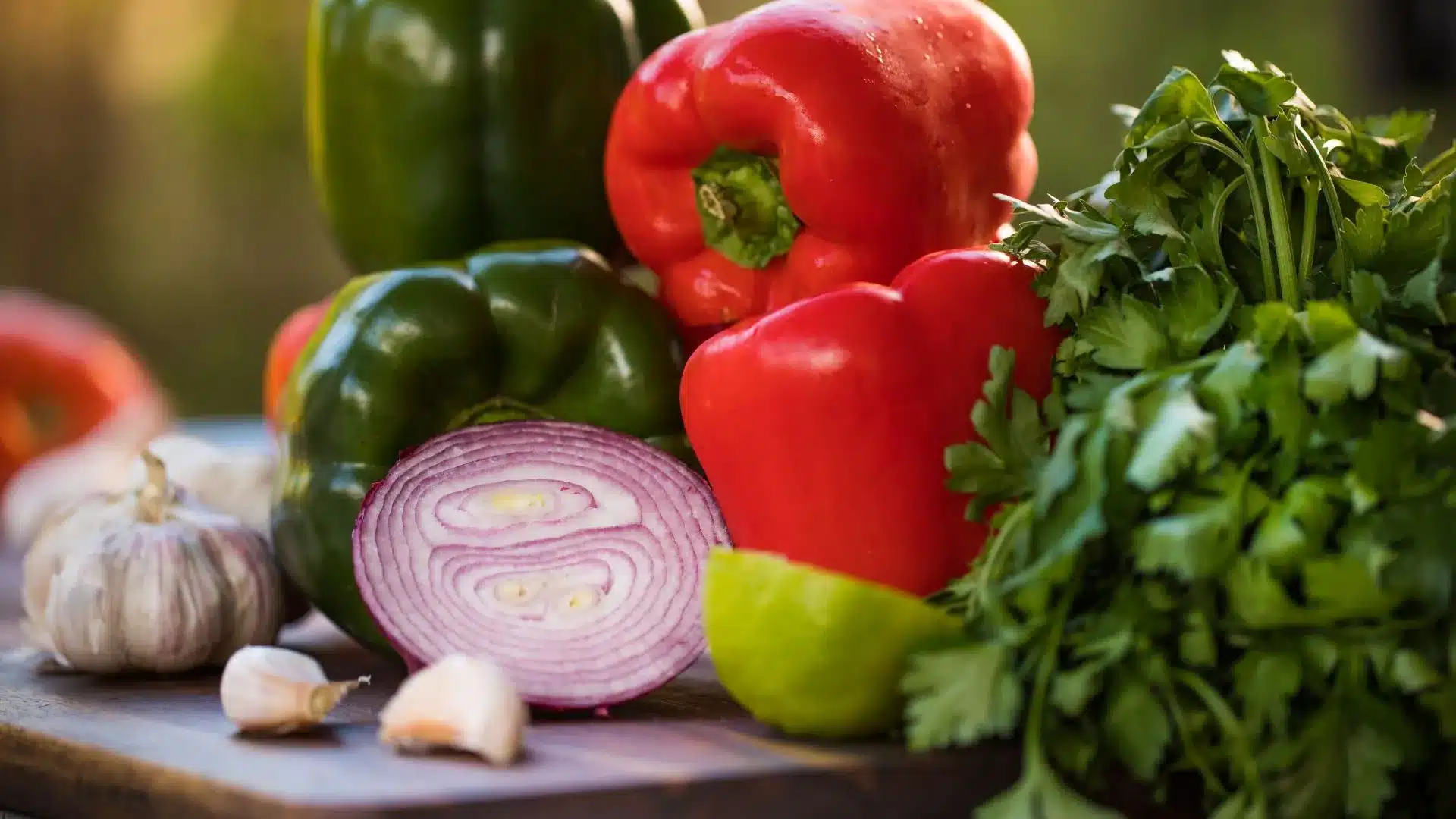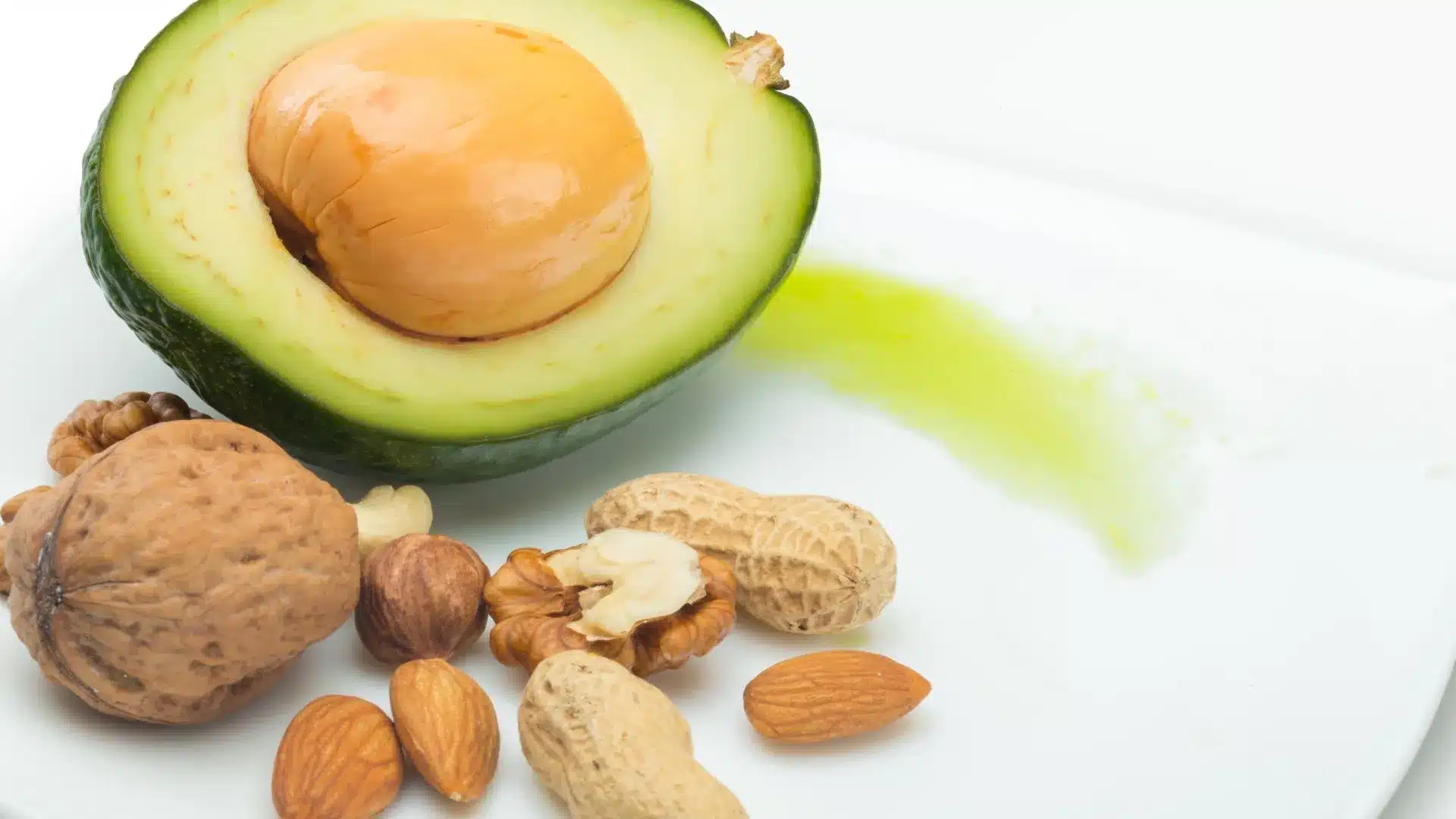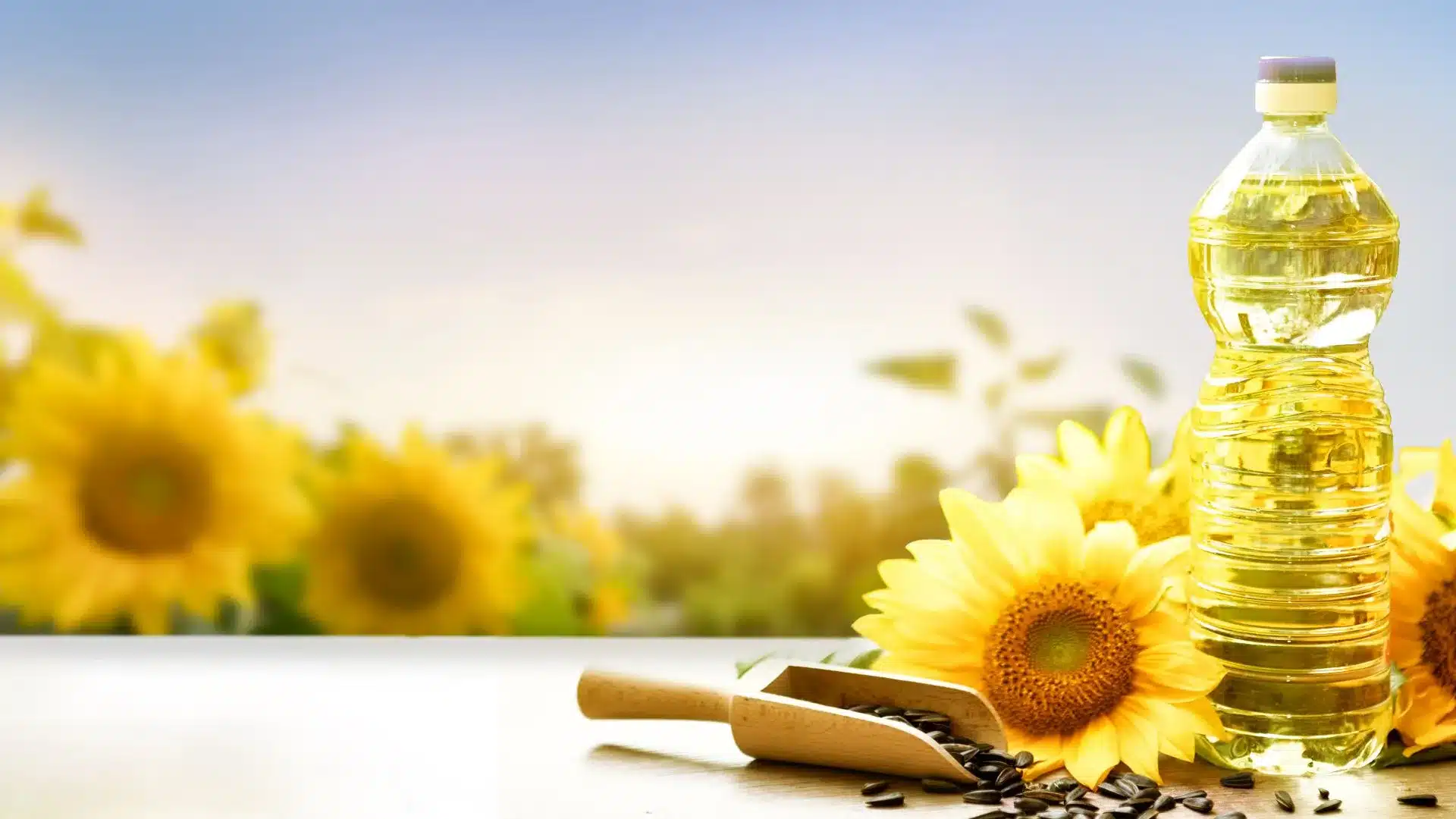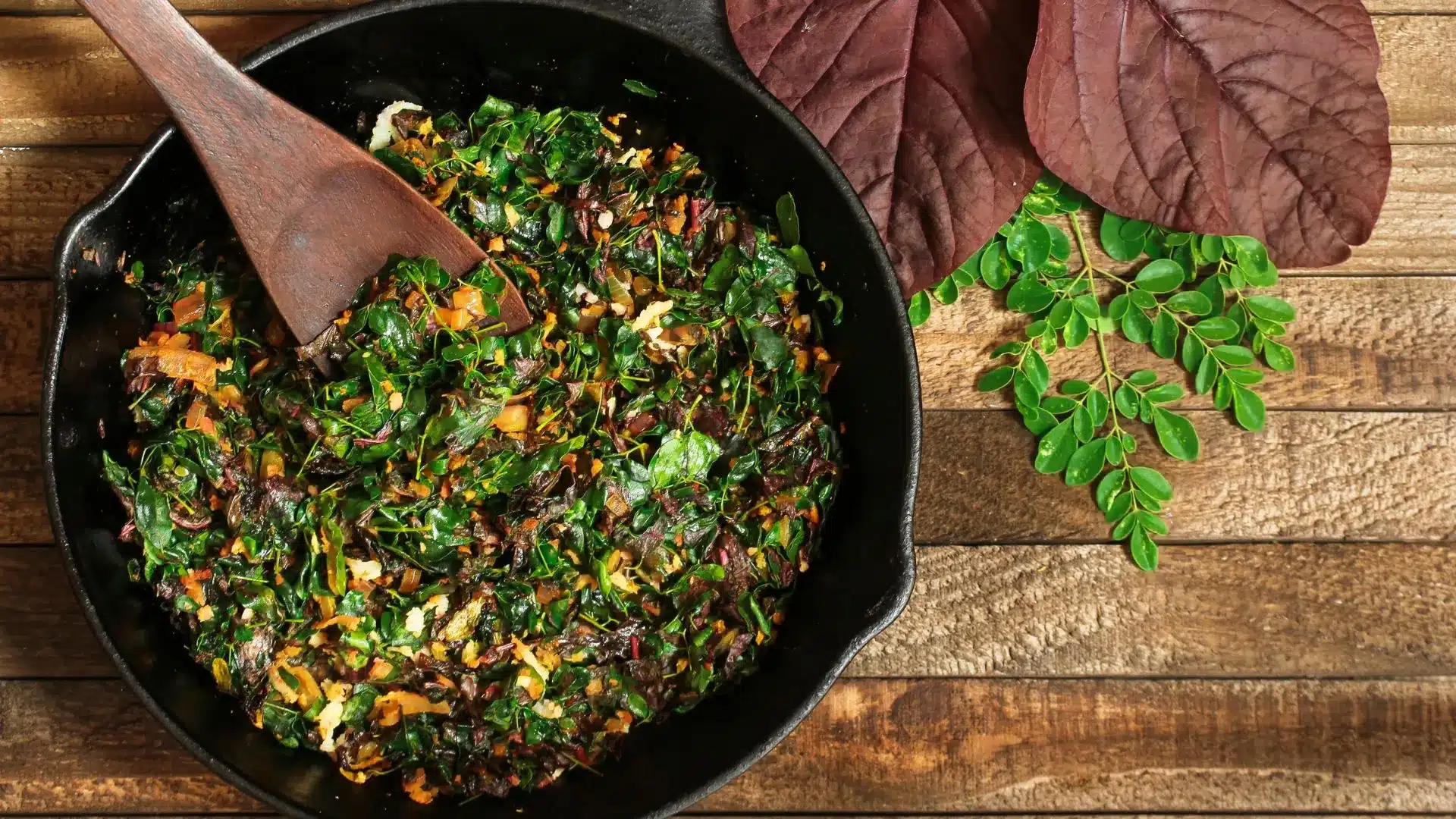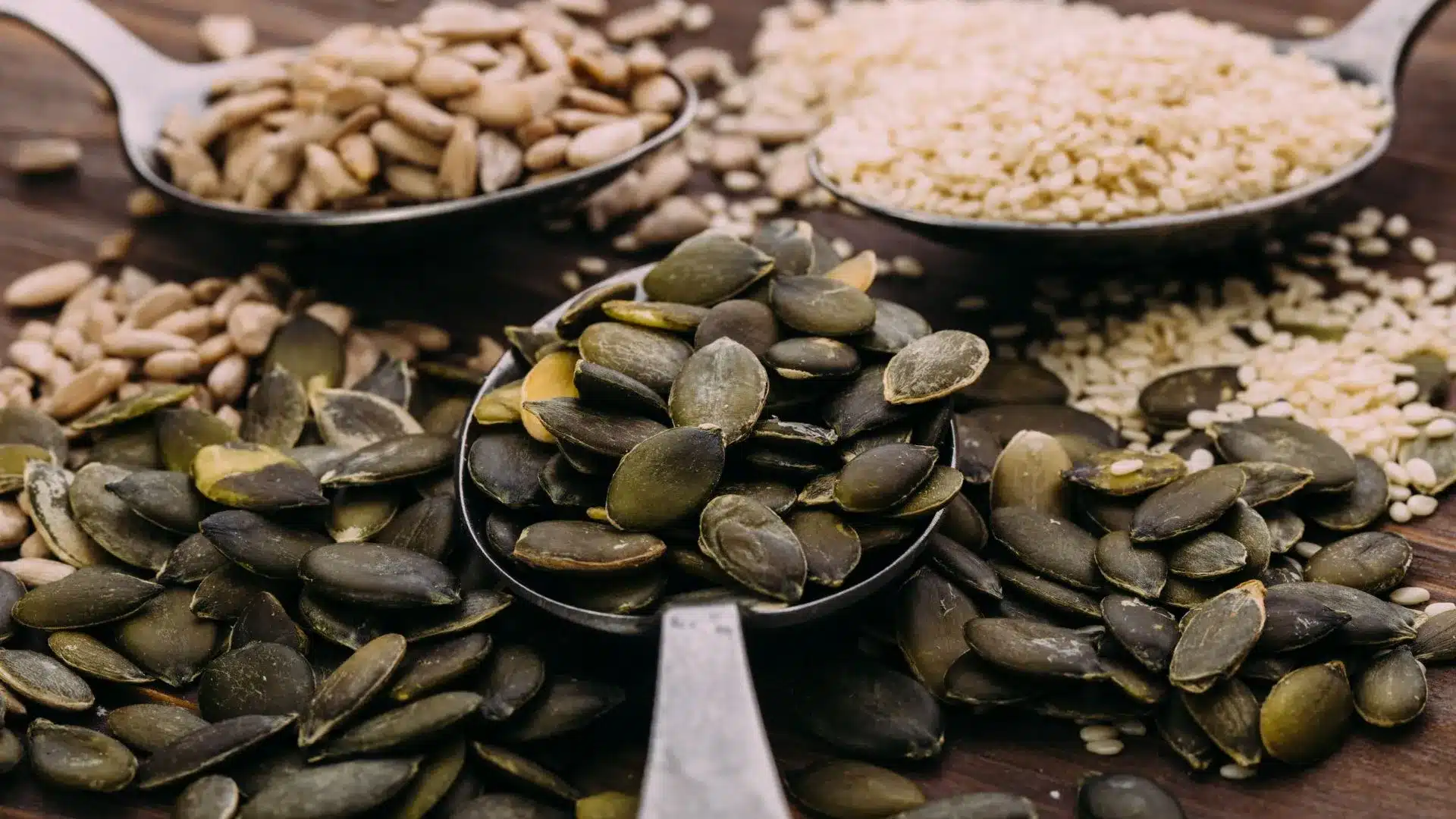Introduction
A healthy balanced diet
Eating a healthy balanced vegan diet is really very simple. If you eat a wide range of plant-based foods your body will get a balanced amount of all the different nutrients you need. If a nutrient is lacking in one food, you can get it from another so long as you eat a range of plant foods. For this reason, you should eat a wide range of different plant foods every day including fruit and vegetables (including green leafy veg every day), wholegrain foods such as brown rice, pulses (eg peas, beans and lentils) and nuts and seeds. These foods contain many vitamins and minerals, as well as carbohydrates, protein and healthy fats. Adding herbs and spices can improve the flavour of your dishes and provide a further nutritional boost.
-
Calcium
You need calcium for your bones but it’s also important for your muscles, nerves, signalling within cells and making hormones. Getting enough calcium is particularly important for bones during adolescence – especially during a growth spurt. Find out which foods are best for calcium.
-
Carbohydrate
Your body runs on carbs so don’t avoid them. Choose the good ones and you’ll be the best you can be. A steady energy supply from healthy carbs also makes you feel good, physically and mentally.
-
Chromium
You only need a little chromium, but it plays an important role in regulating your blood sugar and insulin. It’s also needed for protein and fat metabolism. Diets high in processed foods may be lacking in chromium but a healthy diet provides enough to cover your needs.
-
Copper
Copper is important for many chemical reactions in your body and is essential for healthy blood, nerve function and energy metabolism. It’s also important for making collagen – one of the main proteins in your bones, cartilage, tendons and skin. Without copper, your red blood cells couldn’t work properly. Find…
-
Fat
You can meet your nutritional needs and support your overall health and wellbeing by including plant-based sources of healthy fats in your diet.
-
Folate (folic acid or vitamin B9)
Folate helps your body make healthy red blood cells and DNA – your body’s genetic material. It also vital in early pregnancy to reduce the risk of neural tube birth defects so all women of childbearing age (15 to 49 years) are advised to make sure they have an adequate…
-
Iodine
You need iodine for your thyroid gland to make the thyroid hormones needed for normal growth and development. Low intake is one of the most common nutritional deficiencies and one of the most preventable causes of impaired development in children. Find out where to get iodine here.
-
Iron
Your body needs iron to grow and develop. It uses iron to make haemoglobin, a protein in red blood cells that carries oxygen from your lungs to all parts of your body, and myoglobin, a protein that takes oxygen to your muscles. Iron also makes up part of many other…
-
Magnesium
You need magnesium for your nerves and muscles to work normally, it’s also essential for a healthy immune system, steady heartbeat and strong bones. It helps regulate many body functions, keeping everything ticking over in order. Find out which foods are the best source.
-
Manganese
You need manganese for healthy bones, skin, cartilage, nervous system and sugar metabolism. It also plays a key role in protecting your cells from damage and keeping your immune system strong. Find out which food and drink are the best sources.
-
Phosphorus
You need phosphorus for healthy bones and teeth. It’s an essential part of all your cells and the DNA (genetic information) contained in them. It’s also important for maintaining the right chemical balance in your body. Phosphorus also helps release energy from food. Find out which foods are best for…
-
Potassium
Potassium is vital for balancing fluids in your body, nerve signal transmission, heart muscle contractions and kidney health. A diet rich in potassium helps maintain good blood pressure and keeps your kidneys healthy. Find out which foods you need for potassium.
-
Protein
By including these protein-rich plant-based foods into your diet, you can ensure you are meeting your nutritional needs without meat, fish, eggs or dairy.
-
Selenium
Selenium is an antioxidant – it protects your cell membranes and DNA from damage linked to heart disease, cancer and other diseases. It helps your thyroid gland work normally and plays a role in fertility by helping protect ovaries and sperm from free radical damage.
-
Sodium
You need small amounts of sodium so your body can conduct nerve impulses, contract and relax muscles and maintain the right balance of water and minerals in your body fluids. It’s essential for good health but we tend to have too much of it because we get a plentiful supply…
-
Vitamin A (beta-carotene)
Vitamin A is a very important nutrient and deficiency can lead to blindness in children. It is a fat-soluble vitamin, so eating carrots or sweet potatoes along with foods that contain fat (avocados or peanut sauce) will help you absorb it better.
-
Vitamin B1 – thiamine
Like other B vitamins, thiamine helps release energy from your food and deficiency can lead to many health problems. Find out which foods contain this important B vitamin.
-
Vitamin B12
Vitamin B12 keeps your nerve cells healthy, helps make DNA – your body’s genetic material and works with folate to make red blood cells and to help iron work better in your body. It can also affect your immune system and mood. This essential vitamin is vital for good health!
-
Vitamin B2 – riboflavin
Riboflavin helps release energy from food and is important for growth, healthy eyesight and red blood cells. It also protects your cells and DNA from damage. The body stores only small amounts of riboflavin, so you need it in your diet every day.
-
Vitamin B3 – niacin
Vitamin B3 (niacin) helps to release energy from your food and is essential for many basic reactions in the body. It also helps to maintain your nervous system and your keep skin healthy. Find out which foods are the best sources.
-
Vitamin B5 – pantothenic acid
Vitamin B5 (pantothenic acid) helps release energy from food, builds hormones, keeps your immune system healthy and is important for many essential reactions in your body. Luckily, it’s easy to get enough of it from a varied a vegan diet.
-
Vitamin B6 – pyridoxine
Vitamin B6 (pyridoxine) plays an important role in keeping you healthy, active and happy. To make sure you get enough vitamin B6, include a variety of fruit and vegetables, wholegrains, pulses, nuts and seeds in your daily diet
-
Vitamin B7 – Biotin
Biotin helps us convert food into energy and is essential for a healthy liver, eyes, hair, skin, nails and nervous system. Eating a varied vegan diet should provide all the biotin and other essential nutrients you need.
-
Vitamin C
You need vitamin C to keep your skin, cartilage, tendons, ligaments and blood vessels healthy. It’s important for wound healing as well as healthy bone and teeth. On top of that, vitamin C helps your body absorb iron from food. If you like fresh fruit, you will be getting plenty.
-
Vitamin D
Vitamin D is just as important as calcium for keeping your bones strong because it helps you absorb calcium from food. It also helps support your immune system. Most people can get enough from daily exposure to sunshine but some need a little extra.
-
Vitamin E
Vitamin E helps maintain healthy skin and eyes and strengthens your immune system, supporting your natural defences against illness and infection. It is an important antioxidant that protects your cell membranes from damage too. Plant oils are packed with vitamin E but there are many other plant-based sources.
-
Vitamin K
Vitamin K is important for normal blood clotting, which is essential for wound healing when you injure yourself. It also keeps your bones healthy and strong and low levels have been associated with an increased risk of osteoporosis and arthritis. Find out where to get it here.
-
Zinc
You need zinc for many crucial functions in the body including healthy growth and development. It helps build new cells, repair damaged tissue, strengthens your immune system and is crucial to healthy vision and for male reproductive health. Find out which are the best sources.


